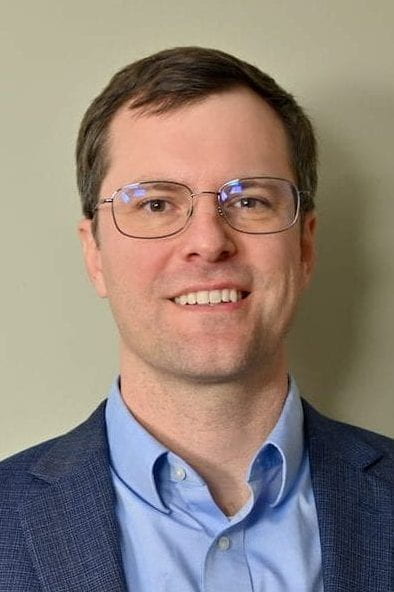
I’m Kevin Riggs. I’m a physician who practices in a chronic pain clinic at a VA hospital, and trained in research. I’ve been working with Dr. Kertesz for the past decade, and developed a strong interest in improving healthcare for homeless Veterans, particularly those with chronic pain.
What difference do you hope this work will make to others?
I completed my medical training during the midst of the opioid epidemic. Looking back, I can see where we made some mistakes. Now that we are in the midst of the correction, I think research is important to avoid making more mistakes. I’m hoping that this research will lead to concrete changes in the way we treat patients with pain who are struggling.
What has been the most interesting/surprising/meaningful thing about doing this work, so far?
The stories we’ve been told by survivors really mirror the difficulties that I have witnessed with some of my patients with chronic pain. It’s a really difficult problem to treat, and we need to be pulling out all the stops to find out how to do it better.
What do you think people in our society might need to learn at this time about pain and its care?
Pain can impact all aspects of someone’s life. We all experience acute pain every now that then, so I think people realize how pain can interfere with enjoying life. But I don’t think most people have experience with constant, never ending pain. Even making small improvements for those patients can make a huge difference in their quality of life.








